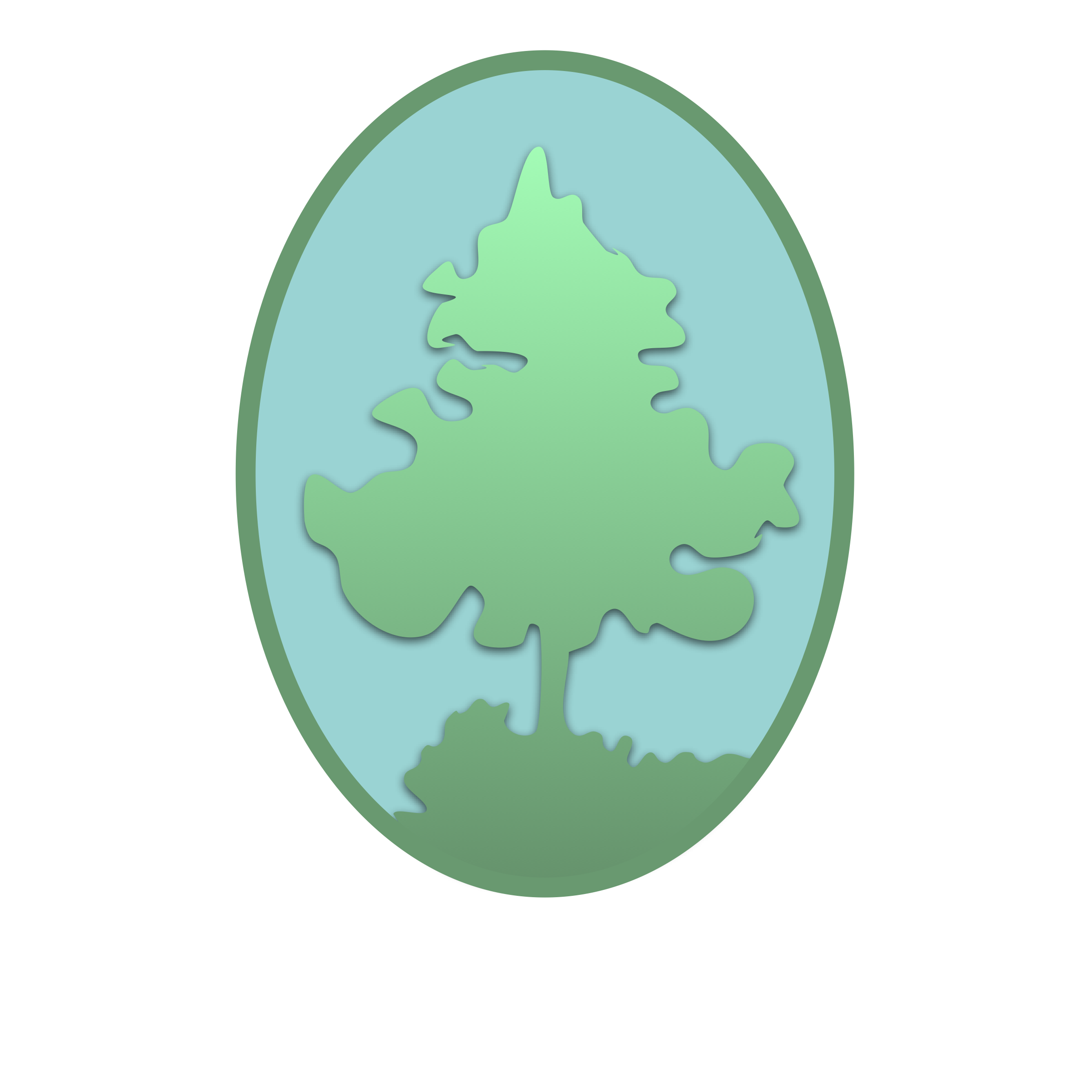West 11th Street Park Update
Submitted by Heather Shumway
Have you seen the sign posted on the west side of the Park? This sign identifies the West 11th Street Park as belonging to the Buffalo Bayou Loop of the Upper Texas Coast – Great Texas Coastal Birding Trail (GTCBT), UTC 093A. Why was this sign was erected in the Park?
In 1998, before the Park was purchased by the City of Houston, a group of neighbors began to look for ways to make the acreage more valuable to the City as a park, instead of having it developed into an apartment complex or additional housing. As part of this effort, local Houston birders began to identify a tremendous variety of birds, both migratory and permanent, in the Park. The densely wooded area connected to the bayou waterway attracted these birds to the area. These birders posted a listing of the identified birds on Ebird.org, a national birding site. Using this information, Robert Delgado, a Timbergrove neighbor and Friends of West 11th Street Park board member, completed an application for the Park to be included on the GTCBT and submitted it to the Texas Parks and Wildlife. Then we waited…seven years until last February when the sign went up! Now, not only do we know that the West 11th Street Park is special, but the birding world also knows!
So how can you get in on the birding action in the Park? First, do a little research. Start by checking out the list of birds that have been found in the park. Go to (www.west11thstreetpark.org) and click on the link “What's alive in the Park – Birds.” Within the text, click on the link to Ebird.org. Once on Ebird.org, click on a bird name and a photo of the bird will come up. Now you know what the birds look like. Then, break out your binoculars, hit the trails and start looking for those feathered friends. We have included a field checklist just for our Park on the website for your convenience. Use this list to track the birds that you identify!
Typically, the Ebird.org site also includes a recording of the bird’s song. Check out the recordings for cardinals, Carolina wrens, pileated woodpeckers and red-headed woodpeckers. On a typical day, you will hear each of these birds. Soon you will be identifying birds just by their songs. Even the night birds can be identified this way. Have you ever been outside at night and wondered about that squeaky hamster’s wheel sound? Listen to the Eastern screech owl’s song and your question will be answered!
Good luck with your birding and I hope to see you in the park soon!
Helen Shumway, President, Friends of West 11th Street Park

